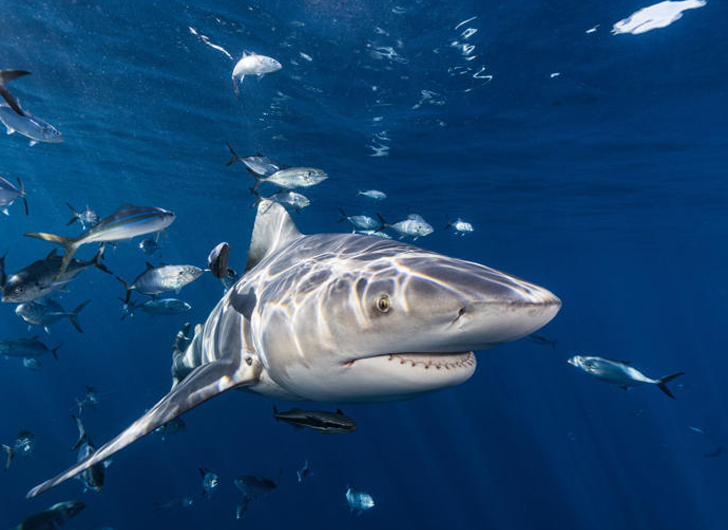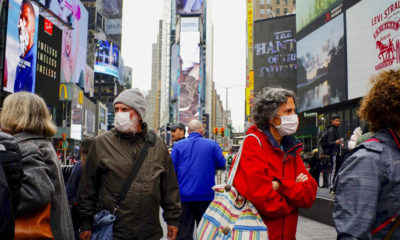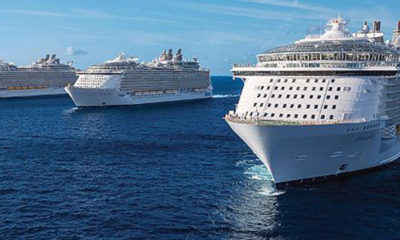NEWS
Fatal Shark Attacks Increased in 2023
Published
6 months agoon
 Source: Getty Images
Source: Getty Images
The University of Florida’s International Shark Attack File, which investigates shark bites globally, has reported an increase in both shark bites and fatal shark attacks worldwide last year. According to their report, there were 69 unprovoked shark bites reported last year, which is six more than the five-year average. While the number of bites is still within the normal range, the fatalities have caused concern among experts.
Last year, there were 14 confirmed shark-related fatalities worldwide, with 10 of them being classified as unprovoked. This number is double the number of shark-related fatalities from the previous year. Shockingly, two of these fatalities occurred in the United States alone. Although the United States leads in unprovoked bites with 36, it’s worth noting that Florida is still the state with the highest number of shark bites, with 16 reported bites last year, which is slightly below average. However, this comes as no surprise due to the state’s extended coastline and the tourism industry.
USA Today reports fatal shark attacks occurred in the following locations last year:
* In the U.S., one person died in California and another in Hawaii. * One death each was confirmed in the Bahamas, Egypt, Mexico and New Caledonia. * Australia saw 40% of the 10 fatalities. * Three of the four people who died in the fatal attacks in Australia were surfers and all three of their deaths occurred in one remote surfing spot, the Eyre Peninsula, off the coast of Southern Australia, known for its untamed beaches and surf breaks.
Regarding who is most at risk, surfers were found to have experienced 42% of the bites worldwide, with swimmers and waders following closely behind at 39%. While the increase in shark bites and fatalities is concerning, experts are still doing their best to ensure the safety of beachgoers and to keep these incidents at a minimum.
According to USA Today, if you want to avoid a shark bite, try the following tips:
* Stay out of the water at dusk, dawn or after dark. * Wear brightly colored swim clothing and jewelry. * Swim in front of a lifeguard and stay close to shore. * Watch for birds diving into the water or fish jumping out of the water because it might be a signal that sharks are in the water. * If you’re in Australia, do your best not to look like a seal.
More From Bon Voyaged
-


Britain Facing Travel Bans as New Coronavirus Variant Emerges
-


CDC Issues Travel Advisory for New York, New Jersey and…
-


Spend Halloween at Dracula’s Castle in Transylvania – If You’re…
-


Disneyland Adding Wheelchair Characters to ‘It’s A Small World’ Ride
-


Bella Swan’s ‘Twilight’ House Now on Airbnb
-


United Airlines Giving 10% Discount to Young Adults
-


Plane Diverted After Passenger Bites Flight Attendant
-


Looking for Candy Overload? Check Out These Top 20 Cities…
-


Chrissy Teigen Slams American Airlines on Twitter
-


Santa Claus Around the Globe
-


New Phone Could Help International Travelers Curb Data Roaming Fees
-


Cruiseline Bans Customer for Life After Jumping From Deck

